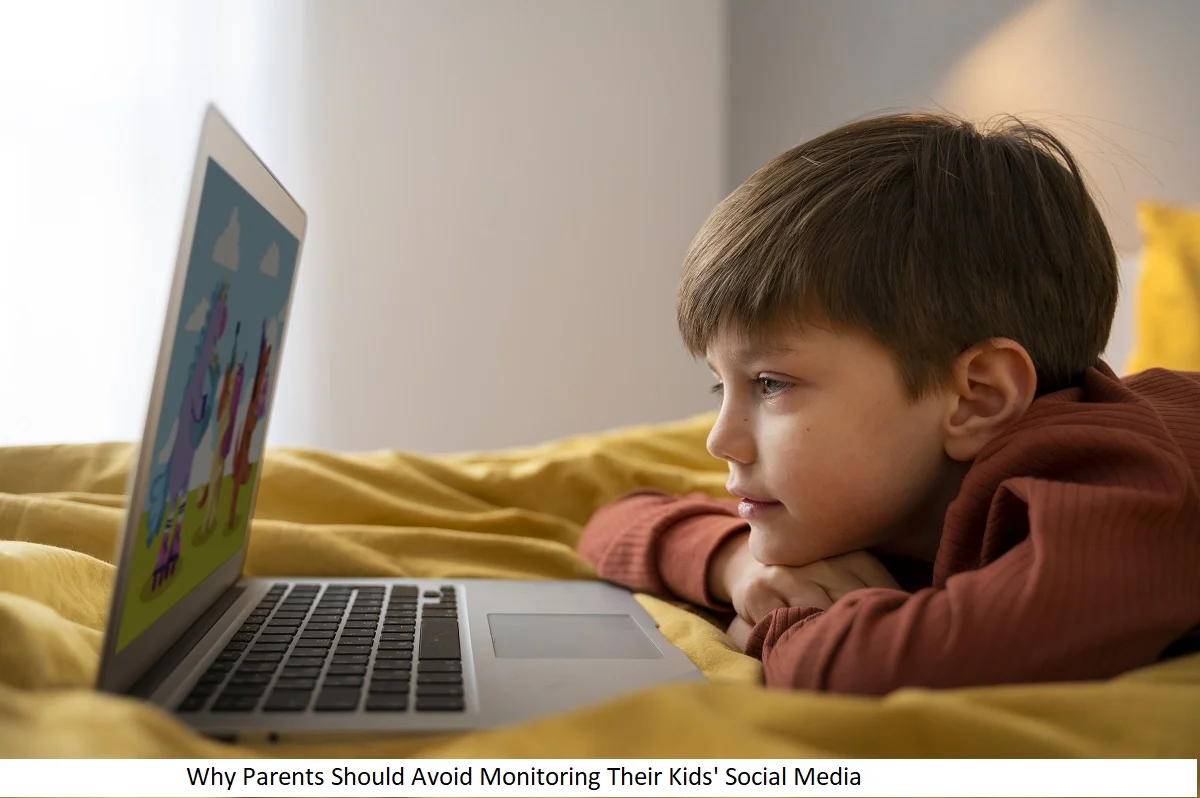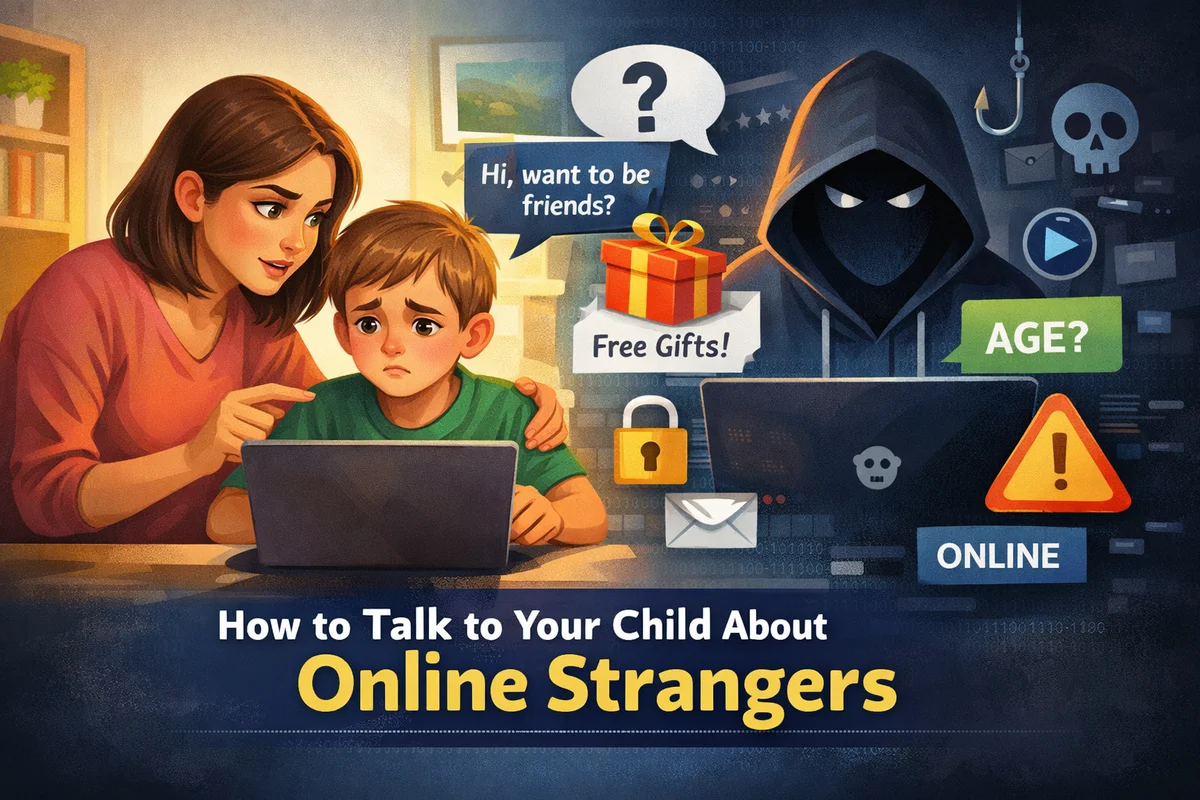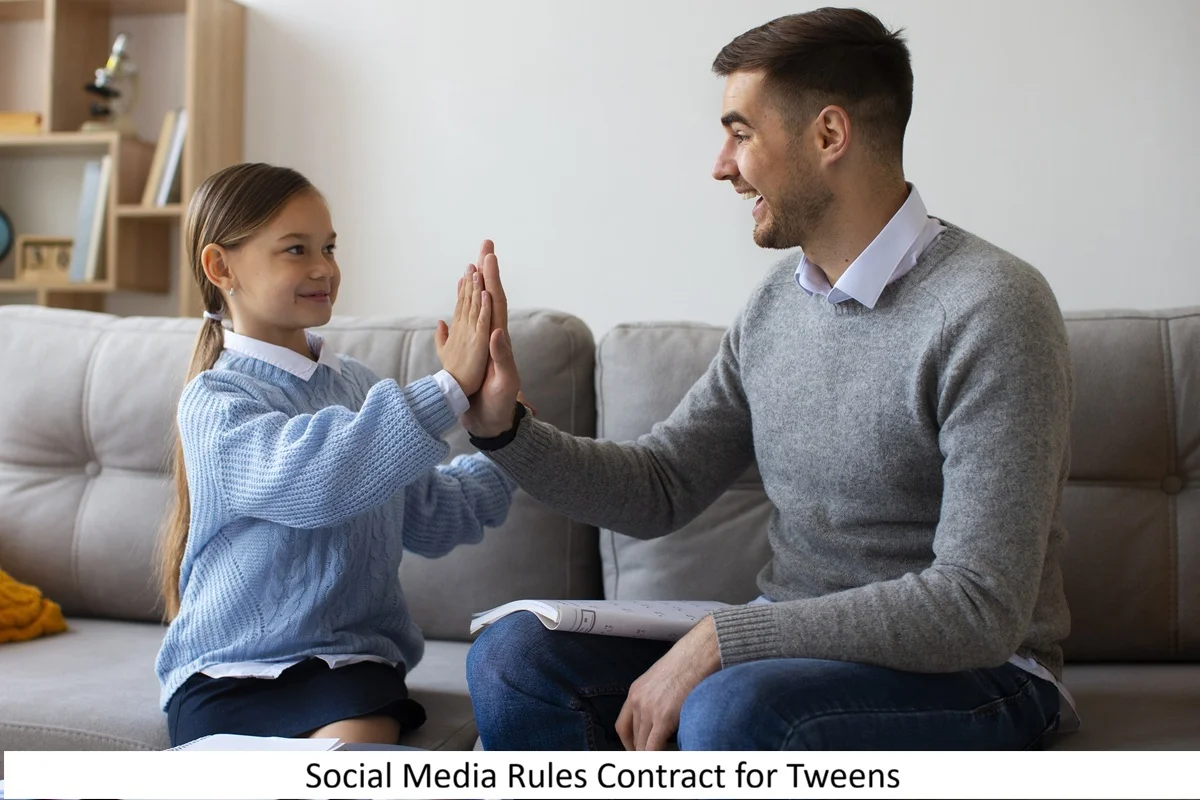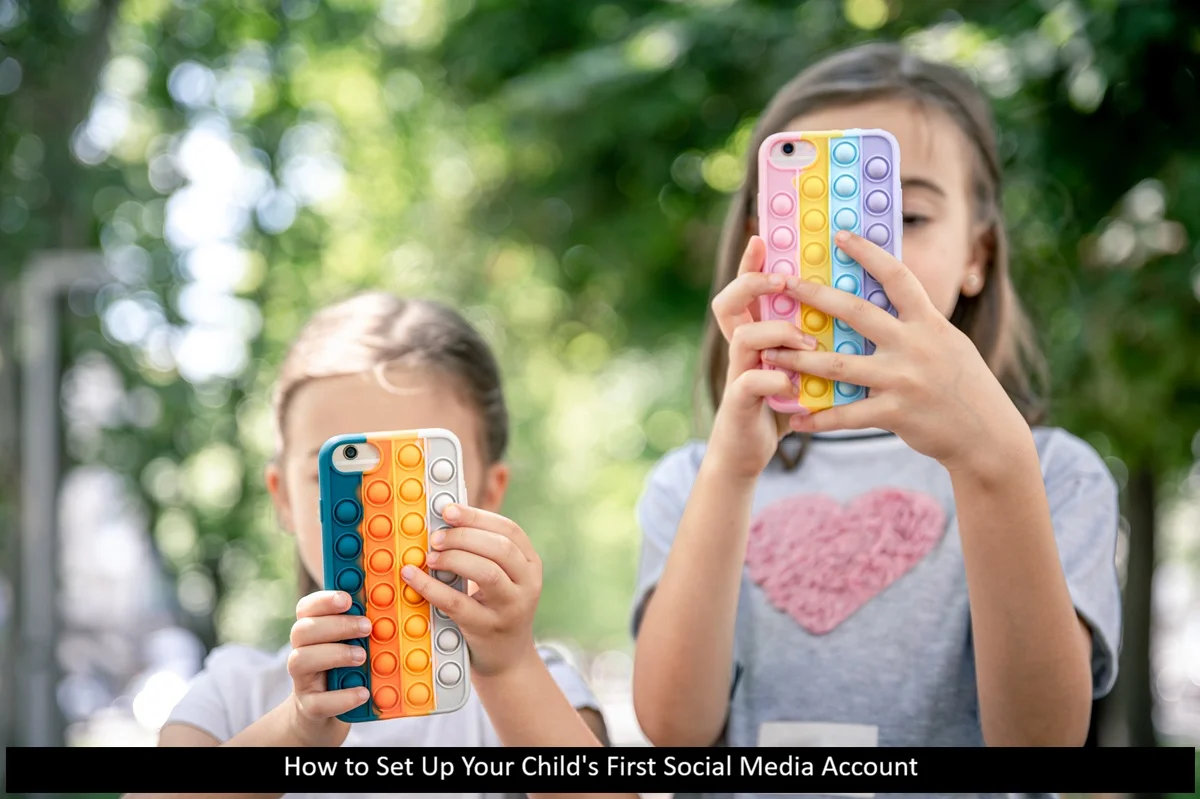Parenting in the digital age is filled with quiet worries. Many parents believe that monitoring their kids’ social media is an act of love and protection. With online risks everywhere, that instinct feels natural. But what if constant monitoring slowly damages trust, confidence, and communication—without truly keeping teens safer?
Social media is now a central part of teenage life. Platforms like Instagram, Snapchat, and TikTok shape how teens connect, learn, and express themselves. In parenting in the digital age, the challenge is not just keeping children safe online, but teaching them how to navigate the digital world responsibly. This is why monitoring kids’ social media may do more harm than good.
Parenting in the Digital Age: Why Monitoring Isn’t Always the Answer
Before understanding why monitoring isn’t ideal, it’s essential to recognize the dual nature of social media. On one hand, it offers unprecedented opportunities for learning, creativity, and connection. On the other hand, it carries risks like cyberbullying, exposure to inappropriate content, and privacy concerns.
Many parents fear these risks, which leads them to believe that constant monitoring is the only solution. However, research suggests that overbearing surveillance may actually harm relationships and hinder a teen’s ability to navigate the online world responsibly.
The Negative Impact of Monitoring
1. Undermining Trust
One of the biggest downsides of monitoring is its impact on parent-child trust. Adolescence is a time when young people crave independence and autonomy. When parents intrude on their private digital spaces, teens often interpret this as a lack of trust in their decision-making abilities. This can lead to secrecy and a breakdown in open communication.
A study by the Pew Research Center found that 66% of teens who knew their parents monitored their social media felt like their privacy was invaded. This perceived breach of privacy can erode the foundation of trust within families, making teens less likely to share their concerns or problems openly.
Also Read : How to Talk to Your Child About Online Strangers: Scripts That Work
2. Stifling Emotional and Social Development
Social media is more than just entertainment for teens—it’s a training ground for social interaction. By engaging with peers online, teens learn to navigate conflicts, express themselves, and build relationships. Over-monitoring can disrupt this process, as teens might feel constantly judged or hesitant to participate freely.
Additionally, constant surveillance can create undue stress. Knowing they are being watched, teens might second-guess their actions, leading to anxiety and diminished self-confidence.
3. Encouraging Sneaky Behavior
Ironically, monitoring can push teens to find ways around parental oversight. They might create secret accounts, use encrypted messaging apps, or hide their devices. This defeats the purpose of monitoring and makes it even harder for parents to ensure their teens’ safety.
The Importance of Autonomy
1. Developing Responsibility
Granting teens some freedom in managing their social media fosters responsibility. By learning to make decisions about what to post, how to interact, and whom to trust online, they develop critical thinking skills that will serve them well into adulthood.
2. Building Digital Literacy
Instead of focusing on monitoring, parents can focus on teaching digital literacy. Helping teens understand concepts like online privacy, digital footprints, and recognizing misinformation equips them with the tools to navigate social media safely and responsibly.
3. Encouraging Open Communication
When parents step back from monitoring, it creates a space for more honest and meaningful conversations. Teens are more likely to approach their parents with concerns or questions when they don’t fear judgment or punishment. This open dialogue is far more effective than invasive surveillance in keeping teens safe.
What the Experts Say
Psychologists and child development experts agree that fostering independence is a critical part of healthy adolescent development. Dr. John Grohol, a psychologist specializing in digital behavior, emphasizes that “kids need the freedom to make mistakes and learn from them.” Over-monitoring, he says, robs them of this opportunity and creates a dynamic where teens feel controlled rather than supported.
Research also shows that collaborative approaches are more effective than authoritarian ones. A study published in the Journal of Adolescence found that teens who had open, non-judgmental discussions with their parents about social media were less likely to engage in risky online behavior compared to those whose parents monitored their accounts.
In parenting in the digital age, control often feels safer than trust. However, research shows that teens who are guided rather than watched develop stronger decision-making skills and healthier online habits. Learning happens through experience, not constant supervision.
Alternatives to Monitoring
If monitoring isn’t the answer, what can parents do to ensure their teens’ safety online? Here are some effective alternatives:
1. Set Boundaries Together
Involve your teen in creating guidelines for social media use. Discuss topics like screen time limits, acceptable content, and how to handle inappropriate messages. When teens are part of the decision-making process, they are more likely to follow the rules.
2. Teach Critical Thinking
Help your teen evaluate the credibility of online content and understand the potential consequences of sharing personal information. A digitally literate teen is better equipped to avoid pitfalls than one who feels micromanaged.
3. Foster an Open Environment
Create a judgment-free zone where your teen feels comfortable discussing their online experiences. By showing empathy and understanding, you encourage them to share concerns without fear of punishment.
4. Be a Role Model
Your behavior online sets an example for your teen. Show them how to use social media responsibly by practicing good digital hygiene, respecting others, and avoiding overuse.
Case Studies: When Monitoring Goes Too Far
Case 1: Emily’s Struggle with Trust
Emily, a 15-year-old, discovered that her parents were secretly using an app to track her social media activity. Feeling betrayed, she began hiding her phone and creating fake accounts to escape their surveillance. The result? A strained relationship and increased secrecy.
Case 2: Alex Learns Digital Responsibility
In contrast, Alex’s parents chose a collaborative approach. They openly discussed the risks of social media and trusted Alex to make responsible choices. When Alex encountered cyberbullying, he felt safe confiding in his parents, who supported him through the experience. This approach strengthened their bond and taught Alex valuable lessons about online behavior.
The Long-Term Benefits of Trust
Trusting your teen to navigate social media responsibly builds confidence, strengthens your relationship, and prepares them for adulthood. It teaches them to think critically, make informed decisions, and handle challenges independently. While it’s natural to worry, stepping back and providing guidance rather than control ultimately leads to better outcomes for both teens and parents.
Also Read : How to Set Up Your Child’s First Social Media Account: A Parent’s Safety Guide
Conclusion: Empowering Teens, Not Monitoring Them
Parenting in the digital age is not about watching every move a child makes online. It is about raising teens who can think critically, protect themselves, and ask for help when needed. Monitoring kids’ social media may feel protective, but it often leads to secrecy instead of safety.
When parents choose education, communication, and trust over surveillance, teens grow more confident and responsible. The goal of parenting in the digital age is not control—it is empowerment.
FAQs About Monitoring Kids’ Social Media
A. Excessive monitoring can increase anxiety, secrecy, and weaken the parent-child relationship.
A. By teaching digital literacy, setting shared boundaries, and encouraging open conversations.
A. There is no fixed age, but trust should increase as teens show responsibility and maturity.
A. Yes. Many teens feel their privacy is violated, which can reduce honesty and openness.
A. Experts suggest guidance and communication are more effective than constant monitoring, which can damage trust.




